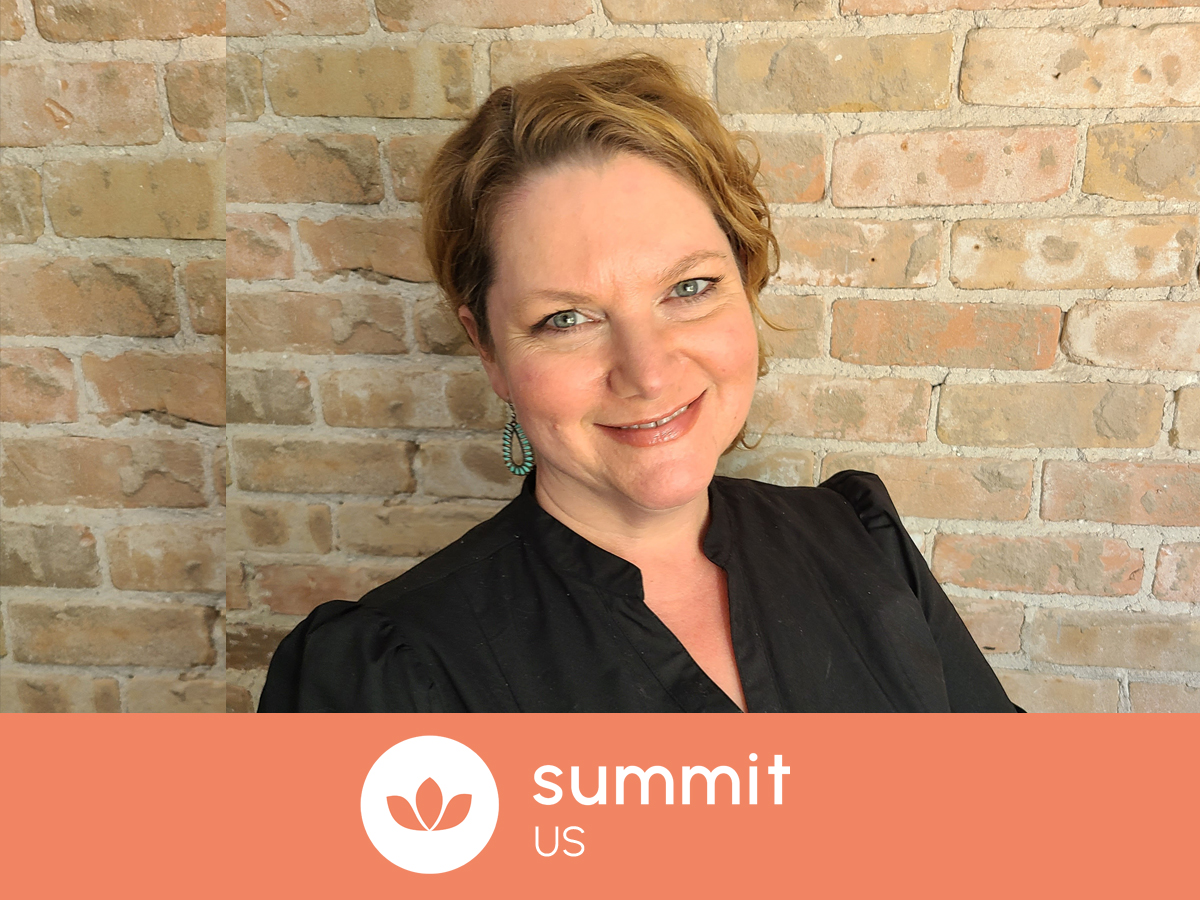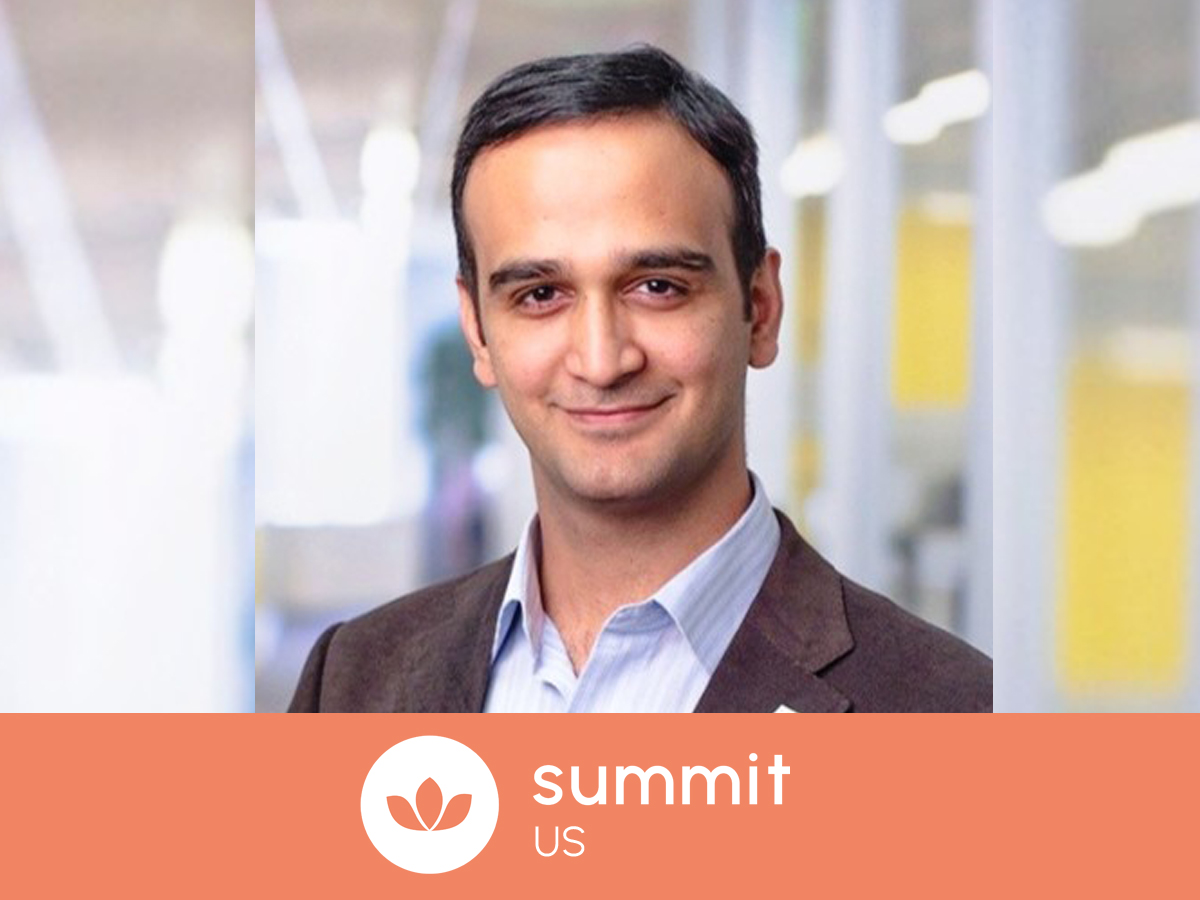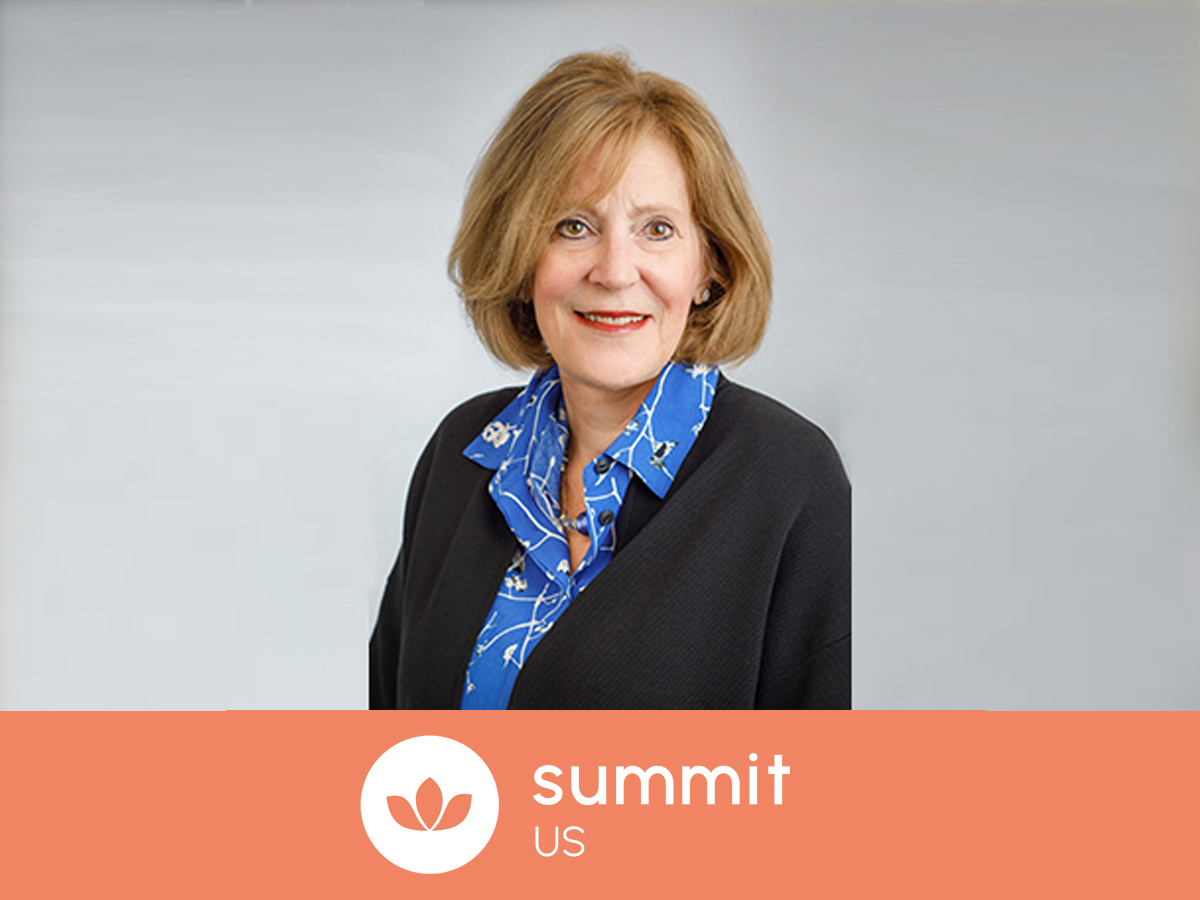
We are delighted that Morven will be speakingat the Royal College of Physicians in Edinburgh as part of our People First Summit. We caught up with her to find out how she’s feeling in the runup to the event.
Hi Morven, we are thrilled that you will be speaking at the People First Summit in October. Our first and most important question is, how are you doing today?
I’m very well thank you, enjoying the sunshine that is beaming through my window this afternoon. Long may this lovely weather last!
As a leader based in the region, what are the main challenges you are facing when it comes to employee wellbeing and mental health?
Working in paediatric palliative care brings very particular challenges. Supporting children who will die young is deeply rewarding, but it also means our colleagues are regularly exposed to emotionally difficult and sometimes traumatic situations. Our responsibility is to ensure that they are not only safe but also supported to remain well at work — and that the weight of their role doesn’t spill over into their personal lives. To achieve this, we are embedding a trauma-informed culture across the organisation, creating the conditions for colleagues to be cared for as well as they care for others.
What strategies have you seen developing over the past 6 months, both internally and externally, that are moving the dial on wellbeing in the workplace?
I’ve noticed a shift towards addressing systemic issues that influence wellbeing. At our organisation, we’ve been reshaping our meeting culture and investing heavily in developing managers — because high-quality management makes a huge difference day-to-day. We also introduced a Health Cash Plan to our benefits package, which has been really positively received by colleagues and has reinforced that wellbeing is more than words, it’s action.
Why is employee wellbeing so important to you personally?
I’ve spent most of my career in the charity and health sectors, where the expectation to “do more with less” is ever present. The people drawn to these environments are often highly vocational and mission-driven, which drives incredible dedication but also creates risk. Boundaries blur, switching off becomes difficult, and self-care is often sacrificed. That’s why I feel so strongly that organisations in these sectors must go above and beyond in prioritising wellbeing. Without it, we risk burning out the very people who are most committed to making a difference.
What impact is AI having in your organisation and how are you managing that?
We’re just beginning our AI journey, using it in a limited way so far. I’m conscious that it’s a complex and sometimes divisive topic, with colleagues holding a range of views. That said, the potential for AI to enhance healthcare is enormous. Our approach is to move carefully and collaboratively, working alongside colleagues and the families we support to ensure we harness AI in ways that genuinely add value.
Other than AI, are there any challenges that you are seeing for the first time and how are you addressing them?
Workload is one of the biggest challenges right now, across the charity sector. Rising service needs, increasing costs, and tightening funding streams are creating real pressure to ‘do more with less.’ Rather than doing more with less (a toxic narrative in the charity sector) we need to innovate and find ways to work differently and more effectively to generate impact. AI will help in some areas, but we also need to be braver about prioritisation. We are excellent at adding new initiatives, but not always as disciplined at stopping things. That culture of constant addition risks burnout. On top of that, many charities are working with outdated systems, which makes it harder for people to be efficient. Addressing that infrastructure gap is, I think, one of the sector’s biggest challenges right now.
What areas do you think employers should be focused on over the next 12 months?
For me, one of the most underestimated drivers of wellbeing is the quality of line management. A line manager has an enormous influence over someone’s experience of work — positively or negatively. If we treated management as a profession in its own right and invested properly in equipping people with the necessary skills when they step into those roles, I think we would see a transformative impact on wellbeing across organisations.
Do you feel that investment in employee wellbeing in the region is increasing or decreasing and is that a direct reflection on HR leaders’ increasing ability to demonstrate effective returns of their strategies to leadership?
I believe investment is increasing, largely because organisations recognise that to recruit and retain talent, a strong wellbeing offer is essential. We are also getting better at evidencing the impact of wellbeing interventions on culture and performance. Colleagues are rightly discerning — they can tell the difference between token gestures and meaningful action. In my experience, tackling systemic issues like workload or poor management delivers far more impact than one-off ‘perks’ such as Pizza Fridays. Those perks can feel gimmicky if the fundamentals aren’t right. Sustainable investment in wellbeing not only supports culture but also enhances performance.
How has your organisation been leading the way?
We’ve been listening carefully to our colleagues and acting on what they tell us matters most. Some areas take time to shift, but we’ve made sure to communicate progress clearly, so people can see change happening. Role-modelling from senior leaders has also been powerful — when staff see leaders taking lunch breaks, scheduling time for exercise, and setting boundaries, it creates permission for others to do the same. On top of this, we’ve rolled out trauma-informed training to all colleagues, including our Executive Team and Board. The fact that our Board are actively championing this culture change sets a strong and positive tone for the whole organisation.
Morven will be speaking at our People First Summit on 23rd October which takes place at the Royal College of Physicians in Edinburgh.



